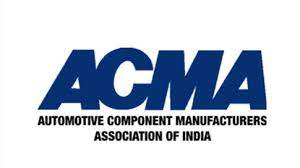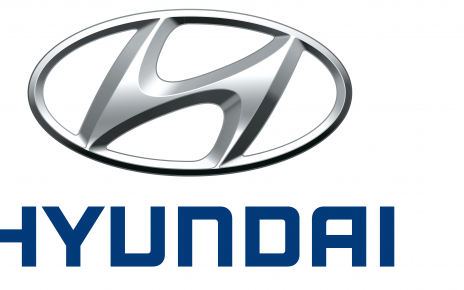The auto component industry expects to maintain double-digit sales growth in the current fiscal after having reported its highest-ever turnover in FY22, with demand expected to remain robust.
As per the Automotive Component Manufacturers Association (ACMA), the sector reported a turnover of Rs 4.2 lakh crore last fiscal, a growth of 23 per cent over 2020-21, as passenger and commercial vehicle production increased by 20 per cent and 30 per cent respectively due to increased demand and fewer supply chain disruptions.
Auto component sales to original equipment manufacturers (OEMs) in the domestic market stood at Rs 3.41 lakh crore last fiscal, up 22 per cent as compared to FY21.
Similarly, exports of auto components witnessed a growth of 43 per cent to Rs 1.41 lakh crore (USD 19.0 billion) in 2021-22, as against Rs 0.98 lakh crore (USD 13.3 billion) in 2020-21.
“If the growth trend continues, we have no reason to believe it won’t,” ACMA President Sunjay Kapur told PTI when asked if the sector could see double-digit growth in the current fiscal as well.
“Everything we see is pointing in the right direction. Demand is good, manufacturing is looking strong. Unless something happens that we are not in control of, like a pandemic, lockouts or a global recession, it is in the right direction,” he added.
The sector has come to the pre-pandemic levels in terms of volumes and the next phase of growth is expected to come from newer platforms, revival of two-wheeler and commercial vehicle segments, Kapur said.
With a slew of new launches, vehicle sales are expected to gain traction during the festive season, he added.
“The component industry is also transforming itself as sales of two-wheeler and three-wheeler EVs gain traction. I am hopeful that the buoyancy in the market will continue through the year and that FY22-23 will witness a healthy performance,” Kapur stated.
He noted that increased focus by the auto industry on deep-localisation and the announcements of the Production Linked Incentive (PLI) schemes by the government will facilitate the creation of an automotive value chain and aid in developing India into an attractive alternative source of high-end auto components.
“Poor offtake of two-wheelers, increase in cost of insurance, high inflation, excessive fuel cost and extreme logistics costs are some of the issues of concern to the industry and do need urgent government attention,” he added.
Kapur noted that the automotive industry globally was moving towards electric mobility which is presenting a great opportunity for growth for domestic component makers.
Last fiscal, electronic component supplies to OEMs accounted for just 1 per cent (Rs 3,520 crore) of the total supplies in the domestic market.
Kapur also highlighted that the capital expenditure (capex) cycle has once again commenced, aiding fresh hiring in the sector.
Elaborating on the sector’s performance in FY22, ACMA Director General Vinnie Mehta said significant growth was witnessed across all segments, including supply to OEMs, exports as also the aftermarket.
“Whilst the automotive value-chain faced significant disruptions over the last two years in wake of the pandemic, vehicle sales, especially in the PV, CV and tractor segments now seem to have reached the pre-pandemic levels,” Kapur noted.
Of late, there has been some moderation in the supply-side issues of availability of semiconductors, input raw material costs and availability of containers, he added.
“Increased value- addition to meet regulatory compliance, fast recovery in external markets and traction in the domestic market, both OEMs and aftermarket, have contributed to the remarkable growth of the auto components sector in FY 2021-22,” Kapur said.
Last fiscal, component imports grew by 33 per cent to Rs 1.36 lakh crore from Rs 1.02 lakh crore in 2020-21.
The ACMA represents over 850 manufacturers who constitute more than 90 per cent of the auto component industry’s turnover in the organised sector.



